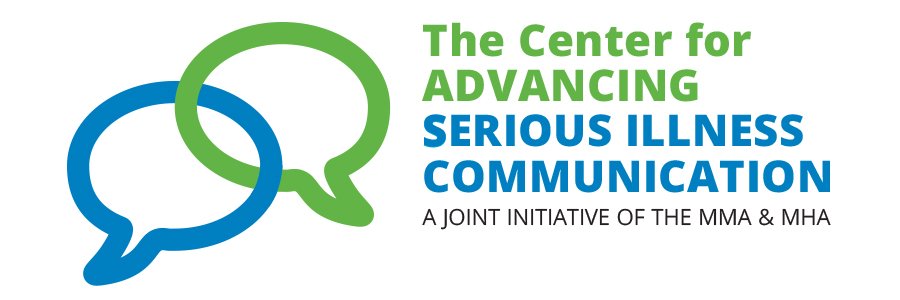SIC and ACP
At their core, serious illness conversations (SIC) are a critical part of the advance care planning (ACP) process, helping to ensure that a patient’s care plan reflects their goals, values and wishes.
The initial work around ACP can be done at any time, and without the input of the patient’s physician or other care team members—although they will be willing and open to discuss ACP issues with their patients. The Minnesota Network of Hospice and Palliative Care recommends that all adults aged 18 or over have an ACP conversation with their loved ones and put their wishes in writing in a healthcare directive.
Advance directives should be thought of as living documents that should be reviewed annually and updated when major life events occur or there is a significant change in the patient’s health. To the degree possible, they should be a part of a patient’s EHR and amended as needed and appropriate, as should SIC and related documentation. Many EHR systems make doing this easy; for example, Epic’s ACP Navigator module has built-in templates for conversations using the Ariadne Labs protocol, and allow for easy uploading of advance directives documents such as healthcare directives, durable power of attorney and POLST forms.
SIC are discussions between a physician and a patient, addressing a patient’s goals of care including their diagnosis and prognosis, values, fears, trade-offs they are willing to make as their illness progresses, and what is most important to them. Other members of the care team may be a part of the conversation, as well as in the preparation for one and/or follow-up after a discussion. The need for SIC can be triggered by many circumstances, including:
Assessing that the patient’s life expectancy is less than one year
The presence of multiple serious illness comorbidities
Observing a functional decline in the patient
A health system’s unique EHR algorithm using multiple criteria
Unlike some ACP activities, SIC occur in the context of an illness. Once a patient’s appropriateness for a SIC is determined, it is best to have the first conversation when patients are doing okay, and after their permission is given to have it. Their loved ones and other caregivers are often a part of the discussion.
And, for many patients, there is more than one conversation, as a patient’s circumstances and needs change. Thus, SIC is not a single occurrence, but rather a process that recognizes that previously-made decisions may change, and may increasingly involve a patient’s healthcare agent to ensure concordance of care as end of life approaches.
“Many patients experiencing serious illness are not aware of the options available to them. Empowering patients and their families by making them aware of options early in the care delivery process is what our Center is all about.”
~ Rahul Koranne, MD / President and CEO, Minnesota Hospital Association

